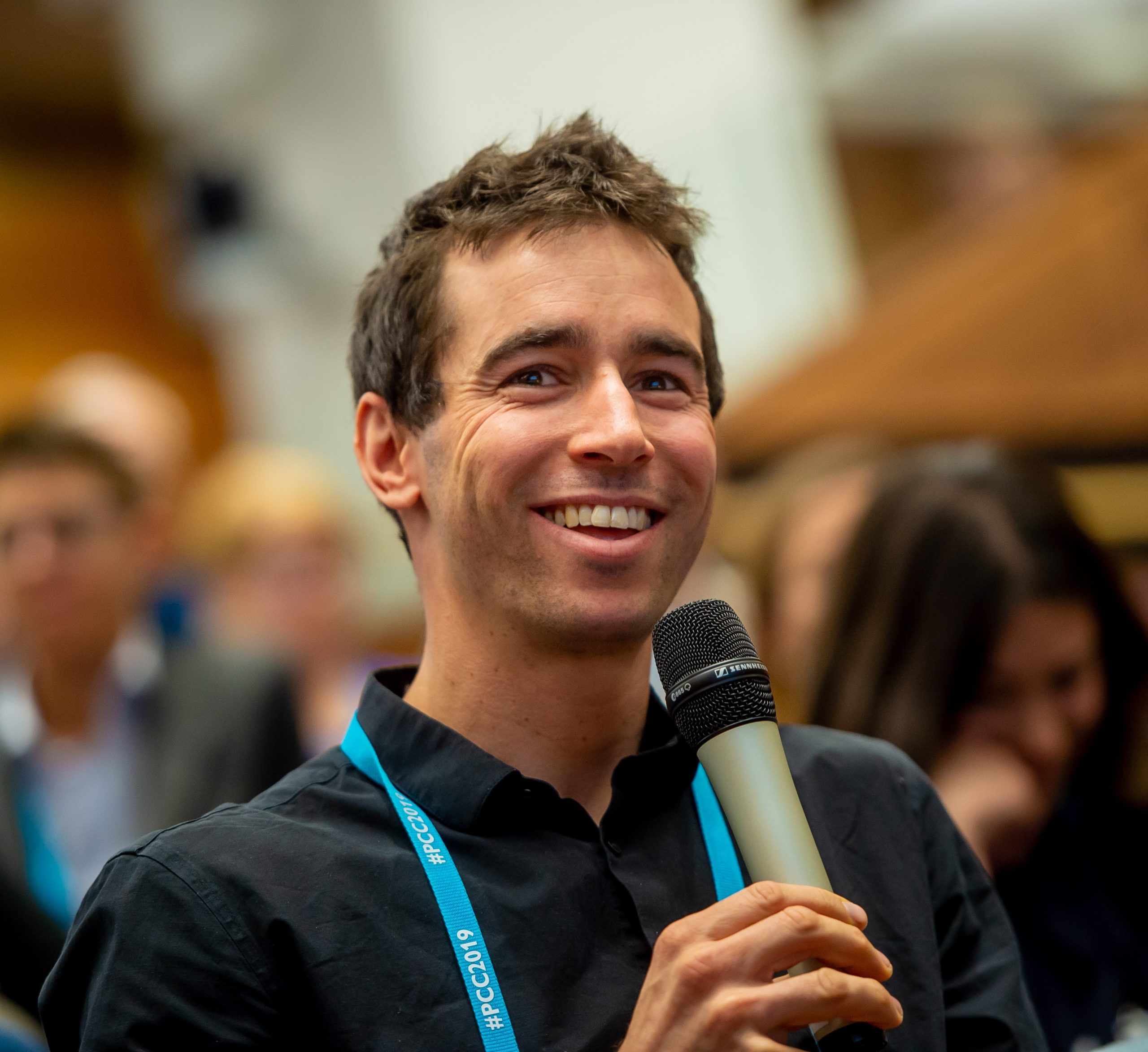Advocacy
Like many athletes, I was single-mindedly focused during my career on my own training and performance. My goal was to be a “24-hour athlete” and to limit energy expenditures that didn’t further my athletic goals. So although I was a voracious consumer of news, I rarely got involved in political campaigns or activism.
Because I stayed out of politics, I didn’t pay much attention to the institutions that shaped my career or to the role that international sport plays in global politics. I didn’t appreciate the ways that my career was part of a global sport system that is used to further the political agendas of autocratic leaders. I also didn’t consider how organizations such as the International Olympic Committee and the World Anti-Doping Agency insulate themselves from accountability.
Once my skiing career was over and I began to see Olympic sport for what it is — an often abused geopolitical tool — I was motivated to fight for an international sport system that is accountable to both athletes and to host cities. Along with a team of other athletes and former sport administrators, I helped found the advocacy organization Global Athlete to work toward rebalancing the power between sport administrators and athletes. We believe that when sport administrators are held accountable to athletes, sport will cease to be an instrument of war, abuse, and corruption.
At Global Athlete, I have worked with a team of athletes and advocates on a broad range of campaigns — some successful, some unsuccessful, and some still in progress. One such campaign was to pressure the World Anti-Doping Agency into holding the Russian government accountable for its 2010-2015 state-sponsored doping program. Another ongoing campaign seeks to pressure the International Olympic Committee into liberalizing rules restricting athletes’ political speech at the Olympic Games, including allowing political gestures on the Olympic podium. A campaign during the 2022 Winter Olympics in Beijing sought to expose the Chinese government’s efforts to use the Games to distract from and to deny the Uyghur genocide and other human rights atrocities. More recently, a campaign in conjunction with Ukrainian athletes, demands that the International Olympic Committee, the International Paralympic Committee, and international sport federations continue to exclude Russian and Belarussian athletes from competition as long as Russia’s war in Ukraine continues. My role in these campaigns is to help develop strategy, to write and edit press releases, and to speak to the media on behalf of athletes.
In addition to my advocacy with Global Athlete, I worked with the U.S. Helsinki Commission from 2018 to 2020 on a campaign to pass the Rodchenkov Anti-Doping Act in the U.S Congress. The Rodchenkov Act, which was signed into law by President Donald Trump on December 4th, 2020, criminalizes the facilitation of international doping conspiracies such as Russia’s state-sponsored doping program. During the campaign, I worked with numerous current and past Olympic athletes to write op-eds and to make statements showing support for the Rodchenkov Act. I also coordinated with athlete groups and national governing bodies to build a broad coalition supporting the bill. In July of 2021, after the bill was enacted, I testified in Congress about the need for the FBI to prioritize enforcement of the new law.
Text
